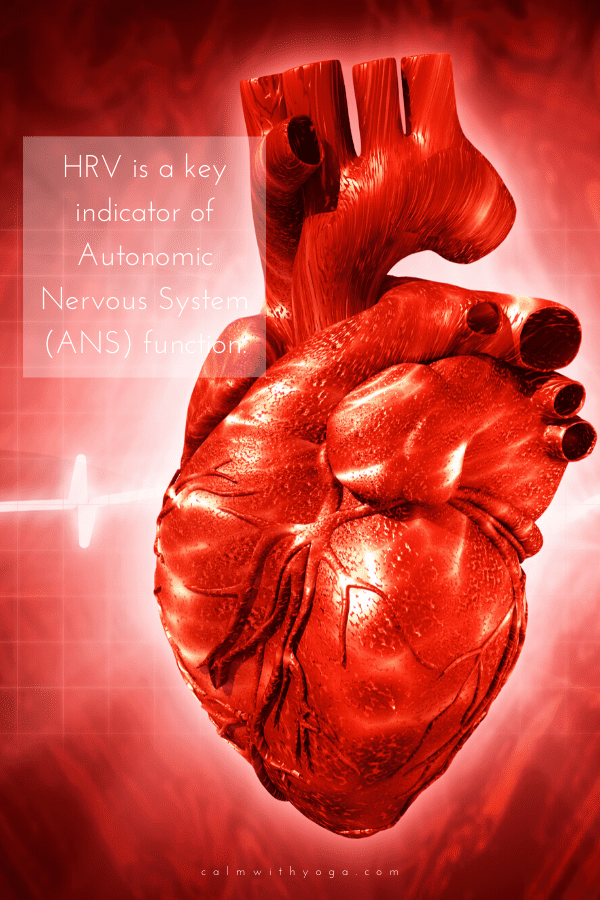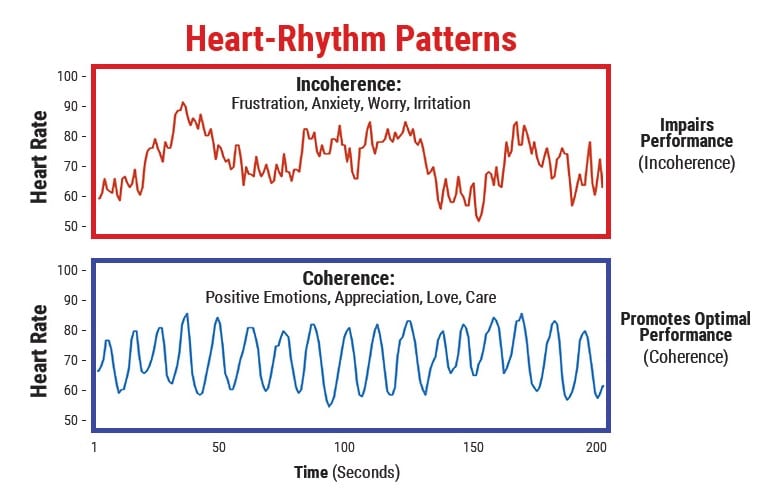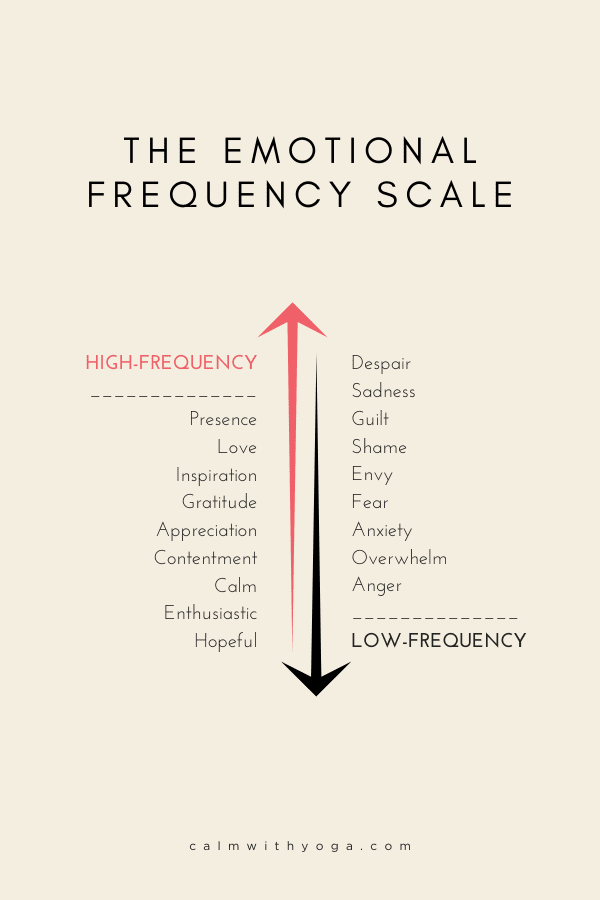the most massive characters are seared with scars. – Kahlil Gibran Allhuman beingswill experience stress at one point in their lives or another. No one escapes it, so you might as well learn to befriend it. That’s what stress management is all about – it’s not about eradicating stress but rather learning how to use it to our advantage. It’s about being proactive and knowing what to do to cultivate self-efficacy in the face of overwhelm and stressful situations instead of allowing them to run you and overtake you. It’s about learning to flow withlife’s challengeswith grace and presence. It is important to note, though, that stress isn’t all bad. In fact, according to theAmerican Psychological Association, expecting to always feel happy and relaxed a recipe for disappointment. (1) And this is particularly useful since anxiety disorders, such as generalized anxiety disorder (GAD) are posttraumatic stress disorder, are on the rise in a global manner. Unmanaged chronic stress greatly impacts mental and physical health and can lead to a host of chronichealth problemssuch as gut disorders, inflammatory disorders, and heart disease. An overactive stress response also compromisesmental health,well-being, and self-esteem. It’s tough to know exactly how to face the challenges and demands of life, especially when experiencing or having experienced traumatic events. Unfortunately, we’re not taught the coping skills and coping strategies that can make the most difference – the ones thatbuildresiliencethe most…
What Is Resilience?
In positive psychology, resilience refers to the ability to efficiently cope with whatever life throws your way. we get stronger and more resilient. – Steve Maraboli, author Sure, you can get knocked down by adverse events but eventually, you rise again and come back stronger than before. That’s what resilience is – your ability to be in a sh*tstorm of stress and bounce back quickly. The word resilience derives from the present participle of the Latin verbresilire, meaning “to jump back” or “to recoil.“ The base of resilire issalire, a verb meaning “to leap.” (2) According to Merriam Webster Dictionary: “In physics, resilience is the ability of an elastic material (such as rubber or animal tissue) to absorb energy (such as from a blow) and release that energy as it springs back to its original shape. The recovery that occurs in this phenomenon can be viewed as analogous to a person’s ability to bounce back after a jarring setback.” Author P. G. Wodehouse took note of this when he wrote: “There is in certain men… a quality of resilience, a sturdy refusal to acknowledge defeat, which aids them as effectively in affairs of the heart as in encounters of a sterner and more practical kind.” The Institute of Heartmath has studied heart intelligence and emotional resilience for over twenty years. They define resilience as: “The capacity to prepare for, recover from, and adapt to stress, challenge, and adversity.”(3) Resilience synonyms: flexibility, bounce, elasticity, spring, adaptability, plasticity, give, stamina, endurance, staying power, stretch Antonyms: inflexible, inelastic, rigid, stiff, weak, fragile, brittle, breakable, frail, flimsy
We All Face Adversity, & We Can All Be Resilient
We’ve all experienced some kind of trauma – be it little or be it larger – whether you’re aware of it or not, you’ve experienced a hit, a devastating loss, a moment of intense threat, an accident, a betrayal, a setback, etc. Like a muscle, you can build it up, draw on it when you need it. In that process, you will figure out who you really are—and you just might become the very best version of yourself. – Sheryl Sandberg, COO of Facebook & Author of ‘Option B’ The quote above comes from Sheryl Sandberg’s speech to the graduating class at the University of California Berkeley precisely one year and thirteen days after unexpectedly losing her husband Dave. “His death was sudden and unexpected,” she tells, “We were at a friend’s fiftieth birthday party in Mexico. I took a nap. Dave went to work out. What followed was the unthinkable: walking into a gym to find him lying on the floor. Flying home to tell my children that their father was gone. Watching his casket being lowered into the ground.” Her experience brings a sense of the magnitude of such a great loss and the pain that goes along with it. None of us are immune from loss, pain, trauma, disappointment, or big sudden changes. We can all identify, in some way, with the feeling of having the “rug swept up from underneath us.” Catastrophic or significant life changes such as losing a partner or a loved one, or receiving a somber diagnosis regarding your body and health can shatter you in seconds. Even less catastrophic yet equally significant events like betrayal, being suddenly let go of, or being in an accident can rattle your core and leave you immobilized and depleted.
How To IncreaseResiliency:
So once you’ve been hit by adversity or a curveball, the questions then become: – Cheryl Sandberg author of ‘Option B: Facing Adversity,Building Resilience, and Finding Joy’ How do you deal with it? What thoughts will you embrace? What meaning will you assign to it? How long will it take you toget backup? And… Who will you choose to become in theface of adversity? Sheryl is absolutely right – resilience is a skill to be acquired, practiced, and mastered in order to take control of anxious energy. The good news is that you can reprogram your mind and body to cultivate resilience now. Like a reservoir waiting to be filled you too can take small actionable steps and create simple habits that create deep roots within you to keep you grounded and steadfast in the middle of any storm. In this sense,cultivating resiliencean act ofself-careand self-nurturing. You have the power to change your programming and your neural circuits in order to become more resilient. You can start by tapping into your body’s intelligence and activating your heart’s intelligence…
Invoking the Intelligence of the Heart toBuild Resilience:
Maybe you’ve heard of the saying “You’ve got to feel it to heal it.” – Kelly McGonigalPh.D., psychologist, author, & Standford University lecturer This is the first step in active coping. Acknowledging and learning to be with difficult and uncomfortable emotions is a superpower. #resilience #motherhoodcommunity #bounceback Click To Tweet You can learn how to do this by first adopting a daily gratitude/contentment/appreciation practice. Gratitude is a powerful, magnetic emotion that can help counter the destructive effects of stress by invoking heartfelt positive emotions and returning to our breath. Doing this enough times means your heart rate goes down but your heart rate variability (HRV) goes up.
HRV is actually used as a measure or marker of resilience. The medical world has long known that a higher HRV is a marker of health, resilience, andwell-being. A lower HRV is the result of unmanaged stress and overwhelm, disease, etc. So what lowers or increases HRV? The image below is courtesy of Heartmath research. It illustrates the impact different emotional states have on your HRV and therefore on your personal coherence. So to put it simply: Low-frequency emotions such as anger, frustration, sadness, annoyance lower our resilience. High-frequency emotions such as gratitude, appreciation, inspiration, and serenity increase our resilience:
According to Heartmathcultivating resilienceis about building up our internal resources so that we can weather sudden storms as well as the stresses of our everyday life. They believe that increasing resilience is also about balancing the nervous system – because the nervous system is so tightly tied to emotions and moods. If adversity and challenges are like lightning when they strike, its huge impulse of energy and electric charge overload and destabilize your nervous system. Your body perceives this as a massive shock. Our emotional states are reflected in our nervous system function. Even unexpressed emotions carry an imprint that impacts the whole body. That’s precisely whycultivating resilienceisn’t just a mental or psychological undertaking, but rather, a holistic practice that also accounts for somatic (bodily) processes as well. You need to engage the whole body in order to become more resilient. This is why knowing how to rebalance your nervous system naturally is so important to building and sustaining resilience for the long haul.
And why deep, intentional belly breaths are essential to your resilience toolkit. Remember that in physics, an object’s capacity for resilience is in its ability to absorb energy (shock from a lightning strike ) and then release that energy as it springs back to its original shape. This process of absorbing then releasing the energy accumulated during a strike takes time and is gradual in everyday life. And unlike a piece of rubber, that returns back to its original shape, we do not ever return back to our initial state after a shock. And thank God for that. The biggest gift the practice ofcultivating resiliencecan offer us is this: Realizing that the lightning strike itself is the gift, for it shatters who we were, what we knew, and catapults us to unprecedented places. Like Sheryl said, perhaps once we’ve had a chance to bounce back we find that we’re the very best version of ourselves because we’ve been stretched and expanded. We can discover our owninner strengths. We uncover a new, more empoweredsense of self. We can then be humbled and surprised by our own tenacity. We’re now confident to face whateverlife eventslie ahead. REFERENCES : (1) https://www.apa.org/news/press/releases/2019/08/stress-anxiety (2) https://www.merriam-webster.com/dictionary/resilience (3) Institute of Heartmath, Building Personal Resilience Guide, 2014




